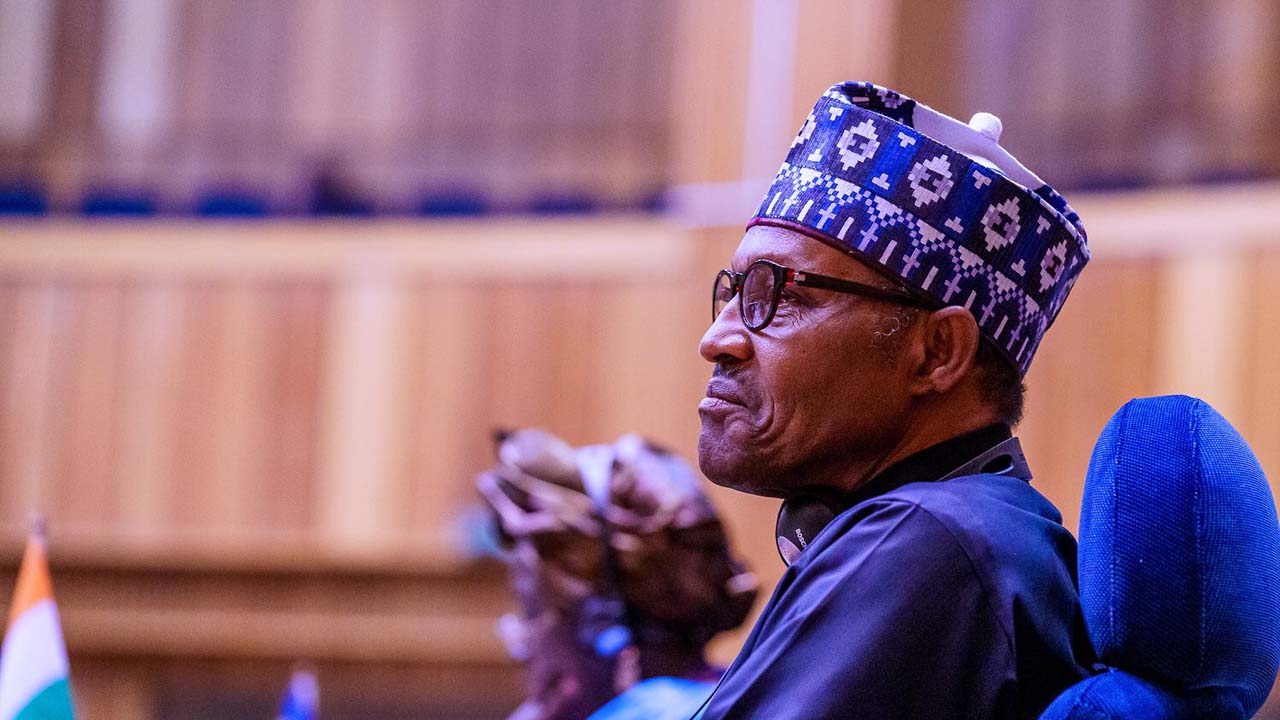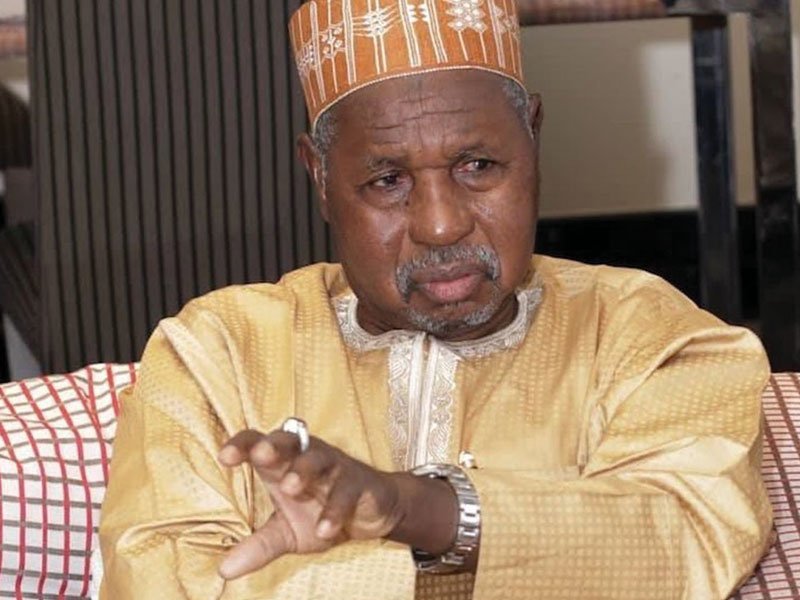Stakeholders, on Monday, advised incoming governments after the 2023 general election to align and sustain national development plans and interventions to end poverty and achieve the Sustainable Development Goals (SDGs).
They made the call during the high-level forum on SDGs special session at the 28th Nigerian Economic Summit (NES 28) organised by the Nigerian Economic Summit Group (NESG) in Abuja.
Adeyemi Adeniran, statistician general of the federation and CEO of the National Bureau of Statistics (NBS), said ongoing discussions are being made with political parties to ensure the continuity and sustainability of programmes.
Mr Adeniran added that the National Poverty Index (NPI) would guide national planning to align with projects and programmes.
“Government is making plans through the national assembly, legislative arms in sync with Nigeria’s action plan 2021-2025. The legacies this present regime will leave behind for the incoming government in this midterm National Development plan as well as the 2050 National Action Plan,” explained the statistician general.
He added, “There are discussions between the government and all the political parties that whoever comes in will take on the priority of the National Development plan of the government.”
According to Mr Adeniran, based on the Nigerian National Development Programmes, 2021- 2025, the Buhari regime indicated a passion for lifting 34 million Nigerians out of poverty by 2025.
He added that the NBS would launch the 2022 NPI results and poverty situation room/lab with all details and data on poverty on Thursday.
Also, Rushnan Murtaza, a UNICEF representative, said evidence and data would aid in re-strategising and making investment plans to address challenges affecting children in Nigeria.
“UNICEF is part and parcel in generating this data. We have made a lot of investments and have been looking at multi-dimensional overlapping child poverty,” stated Ms Martaza. “The children, whether they have access to education, healthcare and other deprivation they are facing. It is a critical path, but it will give us (an) understanding of what is happening in the states of the situation of children, then accordingly we can then do the investment.”
(NAN)






